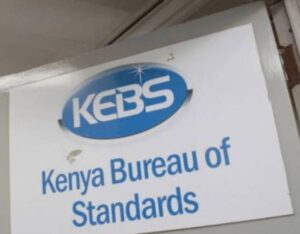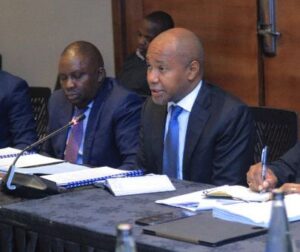
After seven consecutive cuts on lending rate by the Central Bank of Kenya (CBK) from 13 percent in February 2024 to 9.5 percent in August, banks have seen their interest income shrink.
Coupled with low private sector credit and high non-performing loans (NPLs), the banks are now struggling with CBK’s lending rates. The half-year results from Absa, Equity, Standard Chartered and Family Bank all show low returns on lending.
For instance, the interest income for Absa Bank went down by Sh5 billion year-on-year to Sh22.4 billion while Standard Chartered witnessed a 10.4 percent decline during the same period.
The CBK lowered the lending rate in a bid to stimulate borrowing and boost economic activity. However, many Kenyans are still struggling with lower incomes which makes it hard to access loans especially because banks require collateral.
For the longest time banks have relied heavily on lending to the government by investing in government securities since such investments are more secure compared to the private sector.
ALSO READ: Unlocking SME Potential Through Strategic Partnerships
However, the yields from government securities have dropped significantly prompting banks to rethink their investment plans.
For instance Family Bank posted profits after tax of Sh2.2 billion in the first half of 2025 thanks to lending and deposits. The bank’s loans to customers stood at Sh100.9 billion.
The continued reduction of lending rates and lower returns from government securities is a relief for households and businesses who have for the longest time been denied affordable loans.
This will also stimulate economic growth as banks are likely to lend more to the private sector as government securities become unattractive.




